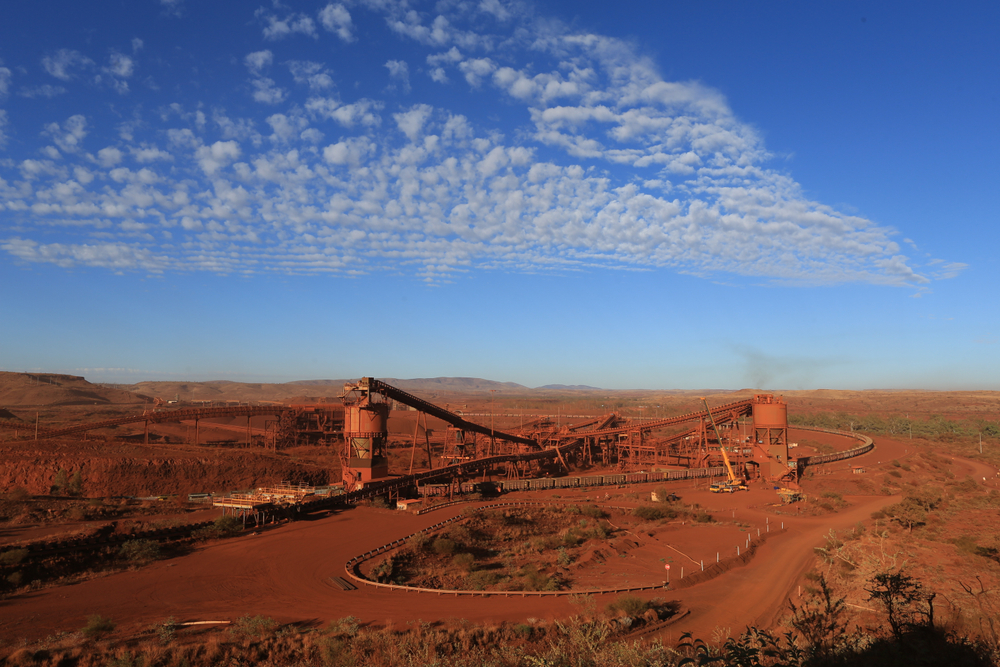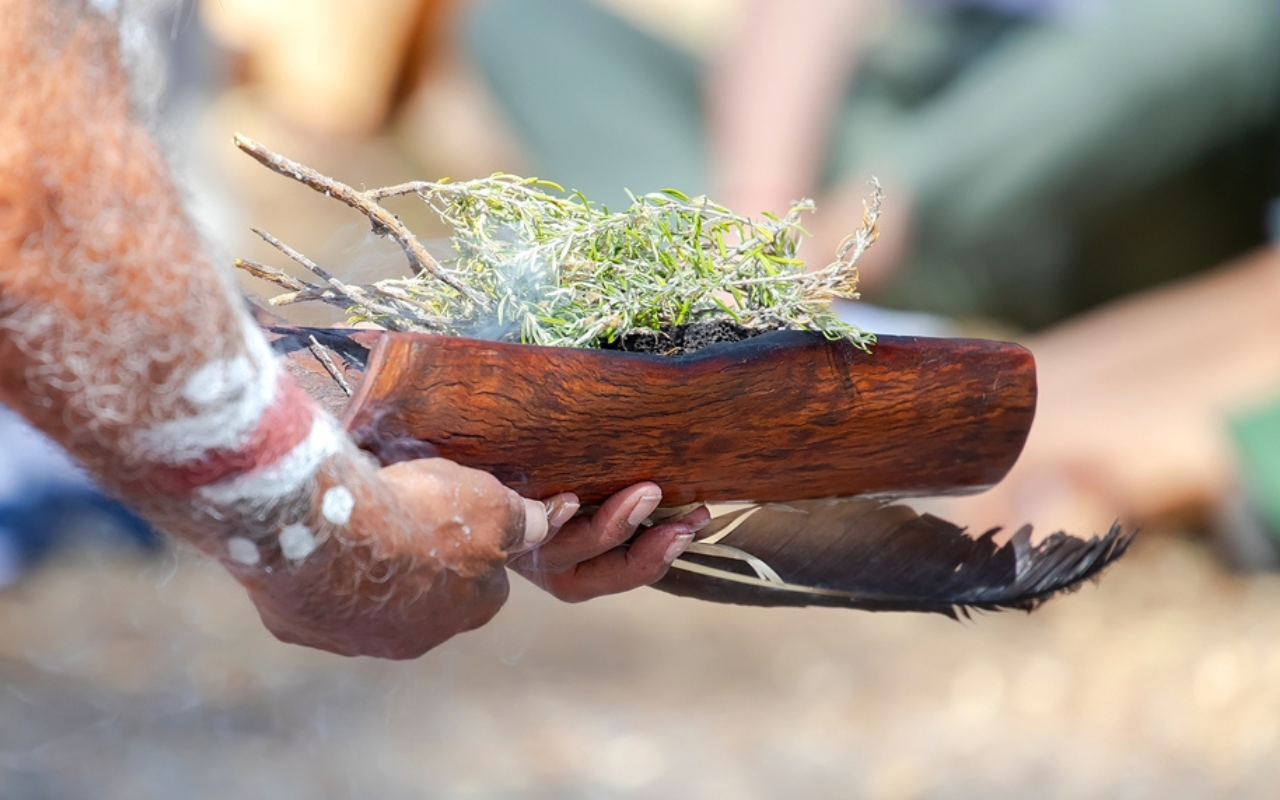Recent judicial decisions have highlighted a shift in the way that anthropologists talk about cultural loss among Aboriginal and Torres Strait Islander people.
To explore this topic, InSight+ spoke with native title anthropologist Dr Richard Martin about cultural loss, and how we need to engage with these challenging concepts as a nation.
Dr Richard Martin, an anthropologist with the University of Queensland, has spent 15 years working with Indigenous people in the Gulf Country of northwest Queensland and the Northern Territory, assisting with native title claims and protecting cultural heritage.
In his latest article, Dr Martin writes that recent court decisions highlight a shift in the way we talk about cultural loss, and are prompting new and more mature discussions about what cultural loss is and how we can compensate it.
“All loss involves change and the perception that something is different from the way it used to be or ought to have become,” Dr Martin said.
“But change is not always perceived as loss. This raises the question: what distinguishes ‘loss’ from ‘change,’ and how are these concepts entangled?”
Dr Martin expanded on this in our interview, asking how society can put a “value” on culture.
“The question is a very complex and difficult one. How do we put a value on culture? And how do we start to think about the harm to culture that Indigenous people have suffered? And how do you compensate Aboriginal people for the harms of colonisation?” Dr Martin said.
Cultural consultation is key
Dr Martin is keenly aware of the importance of cultural consultation, and, ultimately, it was listening to Indigenous voices that led him to think more clearly about these issues.
Jake MacDonald is a Ngarabal man and Cultural Capability Partner of Indigenous Strategy and Leadership at the University of Newcastle. He highlights the importance of proper Indigenous consultation at each step of a project, saying that consultation needs to be ongoing.
“It is important that cultural governance structures are established when researching with Aboriginal people, local communities must be able to shape research that involves them,” Mr MacDonald told InSight+.
Dr Martin admits that he at first did not listen properly to the Indigenous people he spoke to.
“I was working on a native title claim with this older Indigenous fellow in Normanton,” Dr Martin said.
“He had a lot of knowledge, and they eventually won the native title claim.”
“[He] was talking about cultural loss. He was trying to say, ‘Yes, we want land justice. We want native title. But we also want that hurt to be listened to.’
“They’re very current issues, because we’ve got legal proceedings under the Native Title Act [1993] happening all over the place.”
The case for cultural loss
There has been a wave of groundbreaking cultural compensation wins in Australian courts, such as the Timber Creek case.
“At Timber Creek in 2019, there was a judgement that put a value on the destruction of dreaming sites around town and the cultural loss suffered,” said Dr Martin.
The complainants in the Timber Creek case were ultimately awarded $1.3 million.

Another case is being played out in the Federal Court between Fortescue Metals Group and the local Yindjibarndi people.
“The Yindjibarndi people are seeking compensation for the Fortescue mine in the West Pilbara and that’s been reported to be at something like $500 million worth of damages being sought,” he said.
“We are seeing a shift away from proving connection and the strength of culture towards thinking about, ‘What’s been the harm to culture and native title? And how can that be compensated?’” Dr Martin said.
“It requires anthropologists, psychologists and archaeologists to grapple with these problems in a way that we haven’t really tried to before.”
Recognition “with caveats”
There has been an ironic twist in the way Australian courts have recognised Indigenous compensation claims in the past.
“The ‘cunning of recognition’ is anthropologists’ term to describe the ways in which recognition is offered to Indigenous people, but with caveats,” Dr Martin said.
“For example, in the native title system, recognition is offered of Aboriginal people’s land rights, but only insofar as they can demonstrate traditional [cultural] attachments. And when they fail to do that, the [compensation] is withheld.”
Dr Martin said that in areas of the country where the most damage has been done to Indigenous culture, and traditional links have been more eroded, the burden of proving traditional links has made it harder for Indigenous people to claim native title. Indeed, some anthropologists have steered clear of talking about cultural loss for those reasons.
New discussions of cultural loss are now making compensation claims more accessible for Indigenous people, regardless of the erosion of traditional links.
The medical community and healing cultural loss
Dr Martin said that the Australian medical community no doubt has a big role to play in new definitions of cultural loss.
“There’s a lot of feeling associated with loss that is hard for people to express,” said Dr Martin.
“The medical community helps people put complex feelings into words and to understand them. And this can be very productive.”
“I hope that, through the process of grappling with these questions, we can come to a more honest and more robust relationship across cultures in this country.”

 more_vert
more_vert
Healing cultural loss. At last some recognition of what indigenous writer Kevin Gilbert called “a profound rape of the soul”. However a deficit model doesn’t provide sufficient hope for healing Australia. Healing requires compensation that can fund ranger jobs to care for country, cool burning, programs for both ways mental health care, both ways education, language awakening, respect and preservation of wildlife habitat, healthy food that belongs in our soil and climate, new tourism, and the list goes on for the possibilities for the whole country when healing is considered through a strength-based imagination, and we recognize the ancient responsibility that comes from making home in this place.